Luc-Alain Giraldeau, Philipp Heeb, Michael Kosfeld (Editors), 2017,
Strüngmann Forum Reports, 21, Julia Lupp, Series Editor
MIT Press
Strüngmann Forum Reports, 21, Julia Lupp, Series Editor
MIT Press
Overview:
In the natural world, some agents (investors) employ strategies that provide resources, services, or information, while others (exploiters) gain advantages through these efforts. This behavior coexists and can be observed in many species and at many levels. For example, bacteria depend on the existence of biofilms to synthesize constituent proteins; cancerous cells employ angiogenesis to feed a tumor; and parents forgo vaccinating their children yet benefit from herd immunity. Two independent research traditions have developed to analyze this behavior—one couched in evolutionary theory championed by behavioral ecologists, the other in social science concepts advocated by economists. In this book experts from economics, evolutionary biology, behavioral ecology, public health, and anthropology look for commonalities in understanding and approach.
In the natural world, some agents (investors) employ strategies that provide resources, services, or information, while others (exploiters) gain advantages through these efforts. This behavior coexists and can be observed in many species and at many levels. For example, bacteria depend on the existence of biofilms to synthesize constituent proteins; cancerous cells employ angiogenesis to feed a tumor; and parents forgo vaccinating their children yet benefit from herd immunity. Two independent research traditions have developed to analyze this behavior—one couched in evolutionary theory championed by behavioral ecologists, the other in social science concepts advocated by economists. In this book experts from economics, evolutionary biology, behavioral ecology, public health, and anthropology look for commonalities in understanding and approach.

